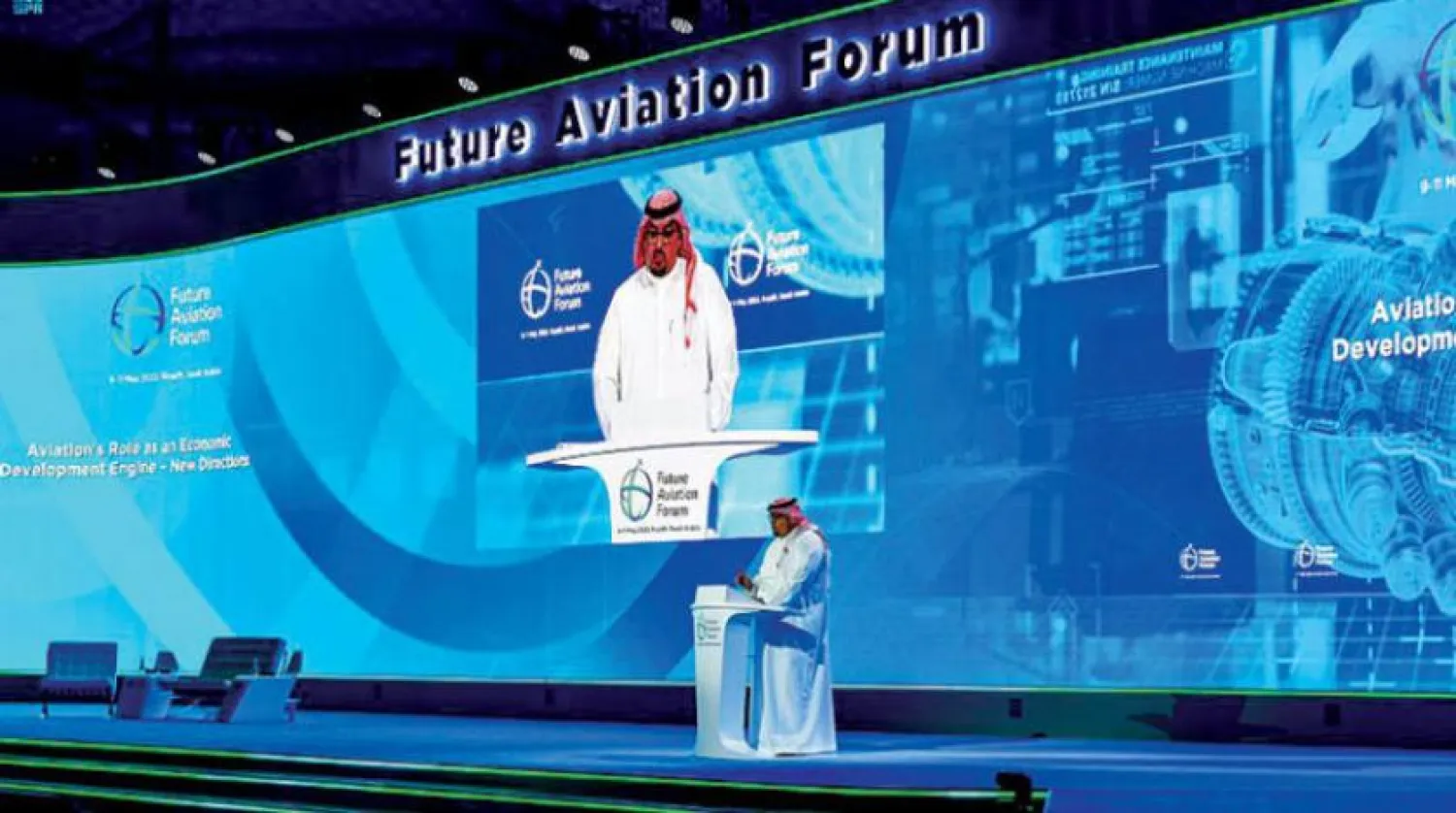Saudi Arabia’s Economy and Planning Minister Faisal al-Ibrahim has revealed that the Kingdom plans to boost its financing of travel, tourism, and aviation sectors. The finance ceiling will be raised to over SAR 140 billion ($37 billion), according to the minister.
Saudi Arabia has embarked on implementing digital application, e-government and attracting efficiencies due to the challenges facing the aviation sector in the world, al-Ibrahim said, noting that airports in Saudi Arabia, through Saudi Vision 2030, will provide several job opportunities to enhance national investments.
Al-Ibrahim’s remarks came at the Future Aviation Forum in Riyadh on Tuesday.
After the coronavirus pandemic, the Saudi economy began a rapid transition to revitalizing its aviation sector and industry, the minister pointed out.
He added that the Kingdom laid the foundations for investment in this field, stressing the need for countries of the world to focus on the sectors of the aviation industry because of its impact in promoting economic growth.
Al-Ibrahim called on decision-makers worldwide to focus on sustainability plans.
Delivering a speech during the Forum, organized by the General Authority for Civil Aviation in Riyadh, the minister noted that the Kingdom is ready for investment and development for the recovery from the pandemic, and for preparing global policies and procedures that match the new economy, adding that the economy has resumed after the pandemic and moved to stimulating the aviation sector and its industry.
He added that the Kingdom’s civil aviation sector was a fertile environment for investments.
Al-Ibrahim acknowledged that the development took a lot of effort in the system of legislative policies and the economy, stressing that in the wake of the pandemic, a greater appetite opened to attract investments.
“The Kingdom has put in place all the reasons for preparing to achieve this, as it is currently enjoying flexibility and recovery, and is compatible with the new economy,” he said.









